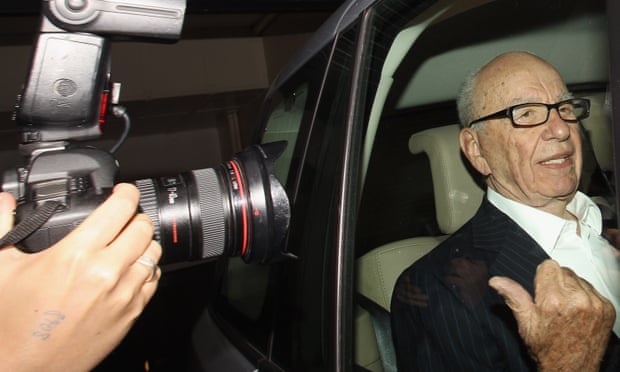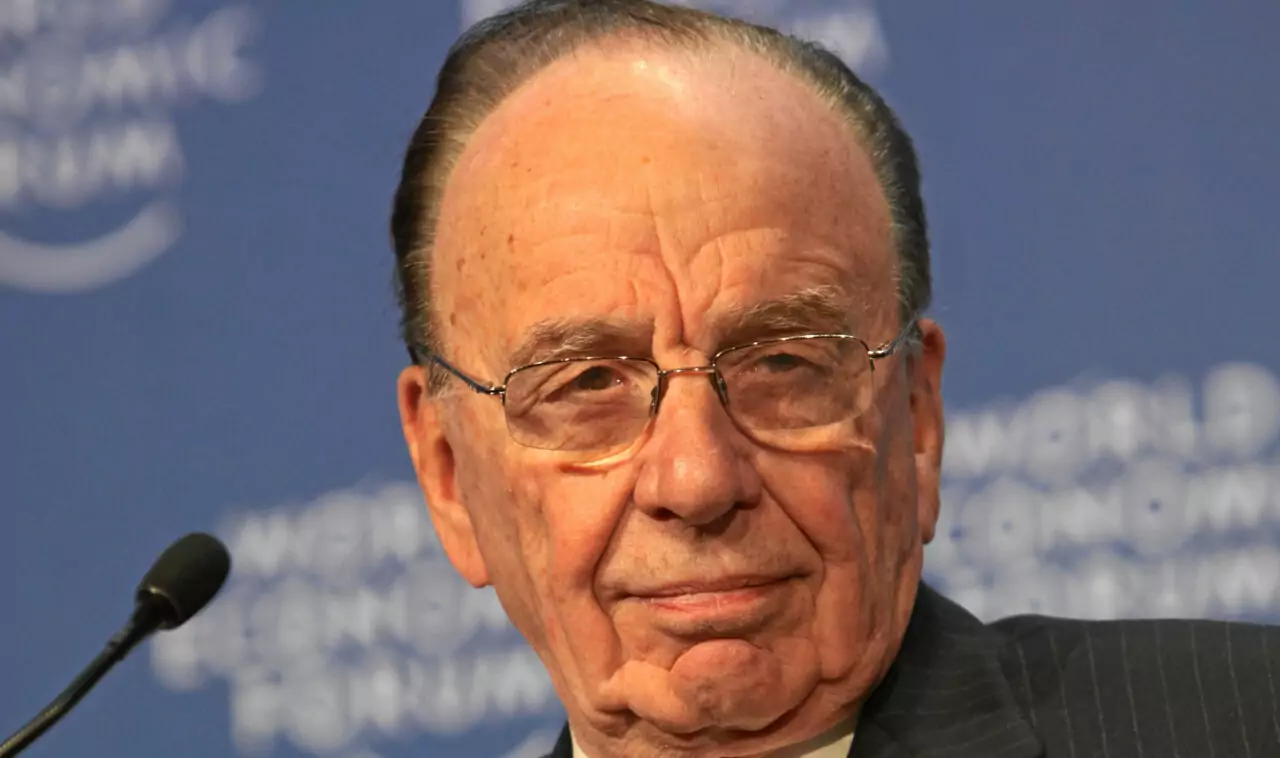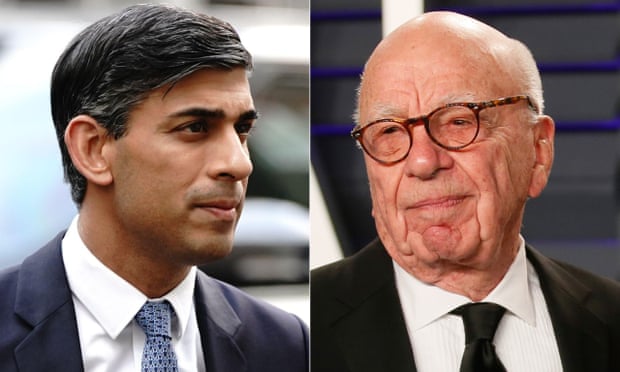The Sun’s latest out of court settlement evokes anger and dismay
https://leftfootforward.org/2024/04/the-suns-latest-out-of-court-settlement-evokes-anger-and-dismay/

‘The cost to Rubert Murdoch of keeping the full, sordid details secret is staggering.’
Hugh Grant has settled a High Court claim against the publisher of the Sun newspaper after being offered what he referred to as an “enormous sum of money.”
The actor was suing News Group Newspapers (NGN) for claims that reporters had used private investigators to burgle his house and tap his phone. NGN denies the claims, rejecting any wrongdoing by staff at the Sun.
…
Murdoch’s NGN has settled more than 1,000 cases without making any admission of liability, and has paid out £1 billion to keep cases out of court.
Former footballer Paul Gascoigne, actress Sienna Miller, comedian Catherine Tate, Spice Girl Melanie Chisholm, and radio presenter Chris Moyles have all settled cases with the NGN. Miller settled a lawsuit against NGN in 2021, which at the time her lawyers said was due to the risk of having to pay millions of pounds in legal fees even if she won.
An earlier allegation that Hugh Grant made against the publisher in relation to the now defunct News of the World was settled in 2012. The newspaper, which at one time was the world’s highest-selling English-language newspaper, was shut down by Murdoch in 2011 following public outcry to the phone hacking revelations. The phone hacking scandal broke over a decade ago, when investigations showed the newspaper was engaged in phone hacking activities, targeting celebrities, members of the Royal Family, politicians, and the phones of the relatives of the deceased in high-profile cases.
…
https://leftfootforward.org/2024/04/the-suns-latest-out-of-court-settlement-evokes-anger-and-dismay/



